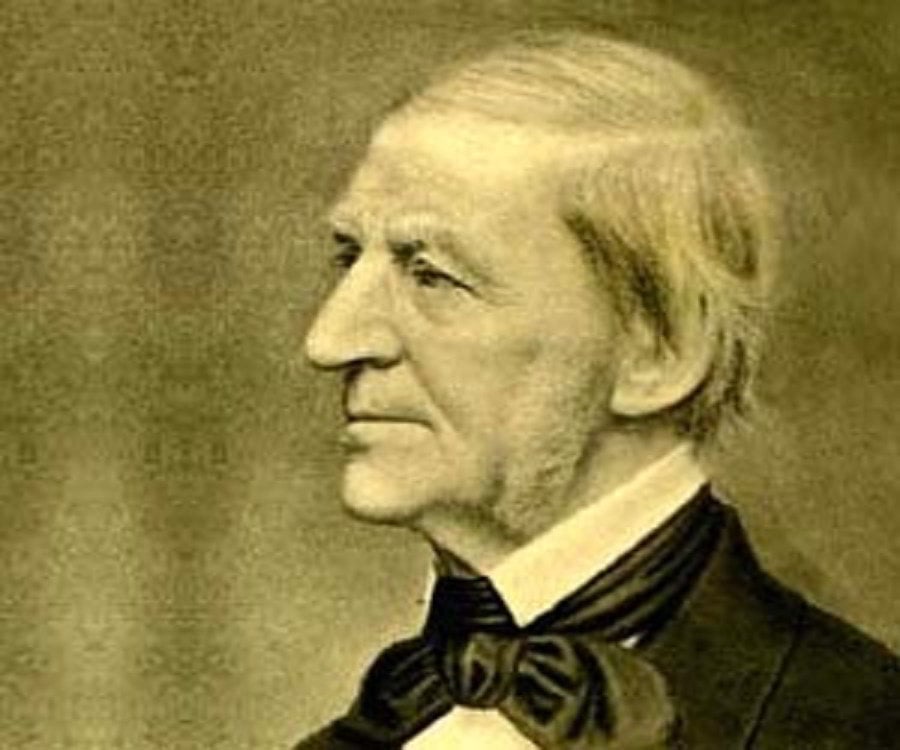Ralph Waldo in "Emerson's Plutarch" by Edmund G. Berry.
"Emerson's earlier Stoicism is orthodox Roman in its doctrine of God within man and it is also pantheism, since God is in all nature and nature includes man. Some of the Stoics used in defending themselves against the charge of pantheism an argument which Emerson later could have used when the same charge was made against him, but he would have regarded the argument as quibbling and evasion; the Stoics said that God is in the universe and hence in man but He is not evenly distributed throughtout the universe. There is deity in all things but, said the Stoics, "as a man is called wise, being wise in mind, though he consists of mind and body; so the world is called God from its soul, though it consists of soul and body. Only at a later stage in his thinking, after he had achieved a state of mind something like Stoic equanimity, or to put it in another way, after his religion had been toned down so that it consisted of not much more that Stoic ethics, did Emerson cautiously approach the Stoic solution to the problem of the relation of man, nature, and God. In the essay "Worship" in "The Conduct of Life," Emerson speaks of "God's delegating his divinity to every particle." This certainly sounds Stoic but the term delegating is perhaps carefully chosen; the particle is not itself God as the Stoics would have it. Emerson still shies away from a full acceptance of Stoicism; rather ihis solution is Platonic and Christian-and it is surprising that h3e has not adopted it before: "Man is the image of God." Still, he adds, "there is no flaw in either Epicurianism or Stoicism."
This Plutarchan blend of Platonism and Stoicism lies not far below the surface of much of Emerson's thought about man and God. It appears in his doctrine of face, for to Emerson and the Stoics, the unity of all nature provides, or itself is, a natural necessity."
Blessings
Tuesday, November 1, 2011
Subscribe to:
Post Comments (Atom)

No comments:
Post a Comment